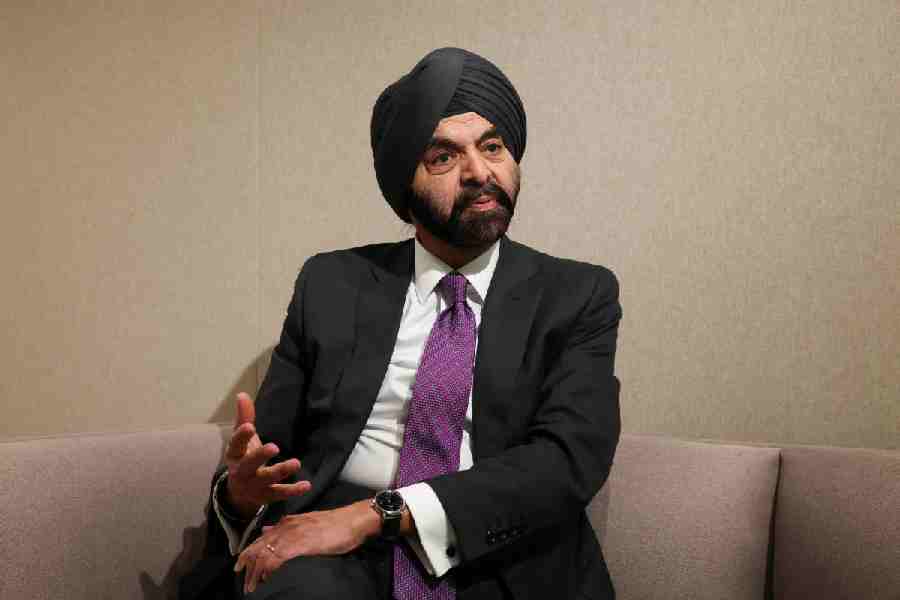India’s capital market regulator is proposing that mutual fund houses charge standardised fees from investors to ensure greater transparency, according to a consultation paper from Sebi.
The total fee charged to a mutual fund investor, or the expense ratio, should be inclusive of all expenses, including brokerage paid by fund houses to purchase shares or other securities, Sebi proposed in the consultation paper circulated on Thursday evening.
“It is desirable that the total expense ratio (TER) reflects the maximum expense ratio that an investor may have to pay and hence it should be inclusive of all the expenses permitted to be charged to an investor,” Sebi said.
The regulator for the first time also proposed allowing mutual funds to charge higher fees if the fund’s return beats an applicable benchmark. Reuters had first reported this on April 22.
The chief executive of a large fund house said the suggestions looked good on paper but would be difficult to implement.
“The final norms on how much additional fees are allowed and how it will be charged will be complex,” said the executive, who did not wish to be named.
Currently, brokerage is outside the total allowed fees and is unchecked, which according to the regulator has led to certain fund houses exceeding prescribed regulatory limits. A chief executive of a mid-sized fund house said this rule would discourage fund managers from easily buying and selling securities.
Sebi also proposed that instead of current norms where every mutual fund scheme charges different fees, the fund house should charge one uniform fee. The regulator said it had noticed investors being asked to switch from existing mutual fund investments to new expensive schemes. A flat fee at the fund house level would avoid such mis-selling practices, it said.










